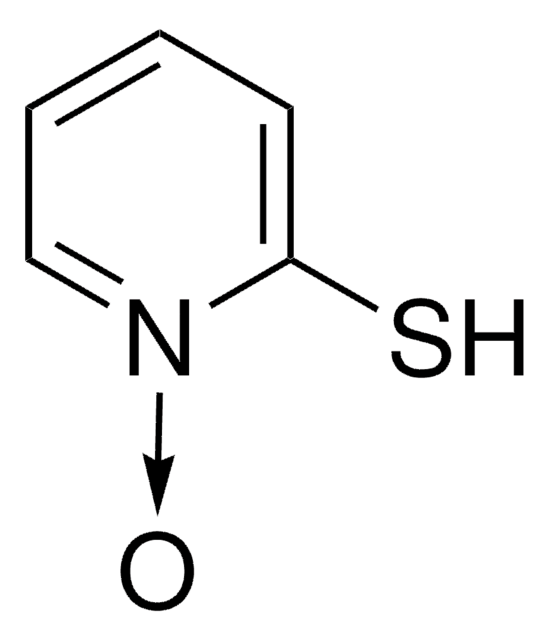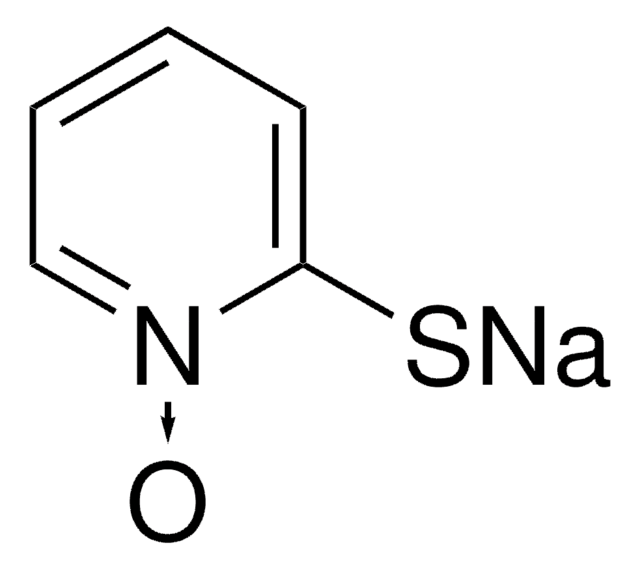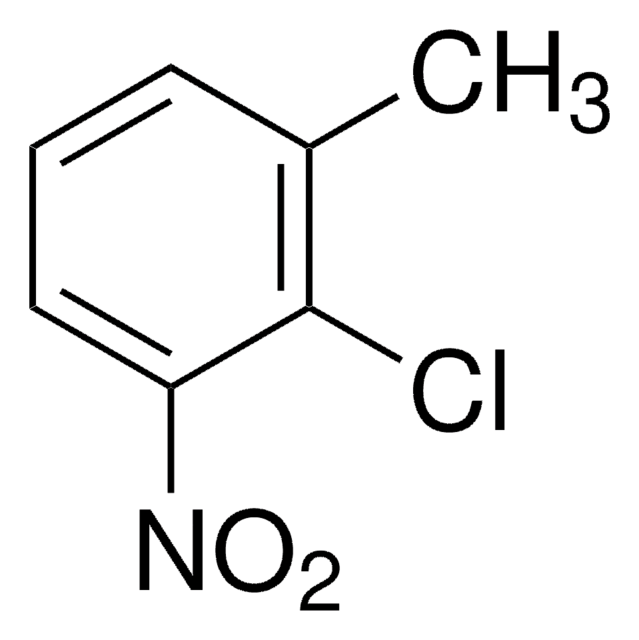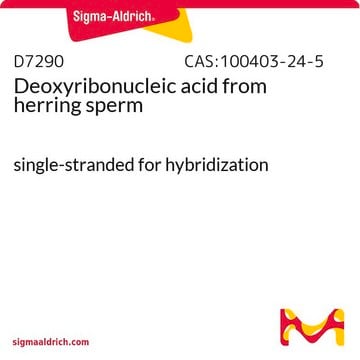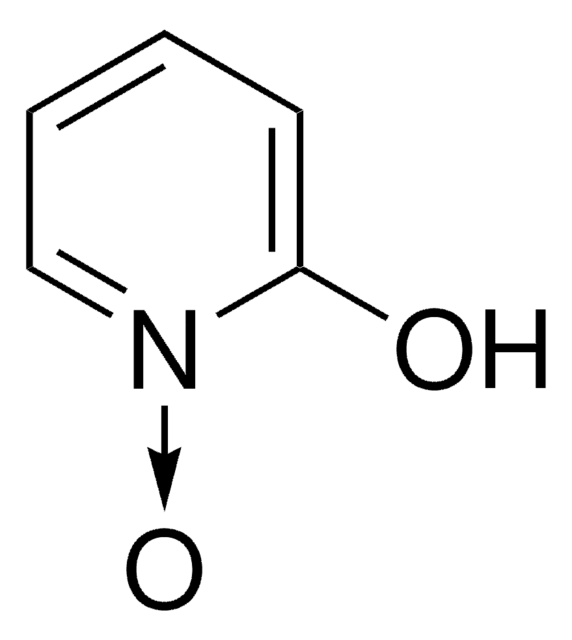All Photos(2)
About This Item
Empirical Formula (Hill Notation):
C5H5NOS
CAS Number:
Molecular Weight:
127.16
MDL number:
UNSPSC Code:
12352005
NACRES:
NA.22
Recommended Products
Assay
≥95%
form
powder or crystals
storage temp.
2-8°C
InChI
1S/C5H4NOS.Na/c7-6-4-2-1-3-5(6)8;/h1-4H;/q-1;+1
InChI key
XNRNJIIJLOFJEK-UHFFFAOYSA-N
Storage Class Code
11 - Combustible Solids
WGK
WGK 3
Flash Point(F)
Not applicable
Flash Point(C)
Not applicable
Choose from one of the most recent versions:
Certificates of Analysis (COA)
Lot/Batch Number
Sorry, we don't have COAs for this product available online at this time.
If you need assistance, please contact Customer Support.
Already Own This Product?
Find documentation for the products that you have recently purchased in the Document Library.
Customers Also Viewed
Thirayost Nimmanon et al.
Cellular and molecular life sciences : CMLS, 78(4), 1781-1798 (2020-08-17)
Zinc has been known to be essential for cell division for over 40 years but the molecular pathways involved remain elusive. Cellular zinc import across biological membranes necessitates the help of zinc transporters such as the SLC39A family of ZIP transporters.
Sudeep Karki et al.
Analytical biochemistry, 587, 113463-113463 (2019-10-02)
Synaptic adhesion molecules, including presynaptic neurexins (NRXNs) and post-synaptic leucine-rich repeat transmembrane (LRRTM) proteins are important for development and maintenance of brain neuronal networks. NRXNs are probably the best characterized synaptic adhesion molecules, and one of the major presynaptic organizer
Fabian Offensperger et al.
Cell chemical biology, 27(12), 1510-1520 (2020-09-24)
Genetic aberrations of the UBE3A gene encoding the E3 ubiquitin ligase E6AP underlie the development of Angelman syndrome (AS). Approximately 10% of AS individuals harbor UBE3A genes with point mutations, frequently resulting in the expression of full-length E6AP variants with
Yu Han et al.
Metallomics : integrated biometal science, 12(3), 346-362 (2020-01-18)
Zinc is the second most abundant transition metal in humans and an essential nutrient required for growth and development of newborns. During lactation, mammary epithelial cells differentiate into a secretory phenotype, uptake zinc from blood circulation, and export it into
Van Quan Do et al.
Archives of toxicology, 95(2), 541-556 (2020-10-20)
Chloromethylisothiazolinone (CMIT) and methylisothiazolinone (MIT) are biocidal preservatives and the active ingredients in Kathon CG, which contains ca. 1.5% mixture of CMIT and MIT at a ratio of 3:1 (CMIT/MIT). CMIT/MIT was misused as humidifier disinfectant products, which caused serious
Our team of scientists has experience in all areas of research including Life Science, Material Science, Chemical Synthesis, Chromatography, Analytical and many others.
Contact Technical Service